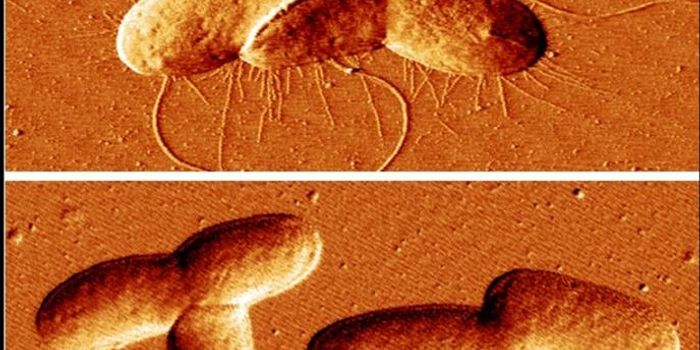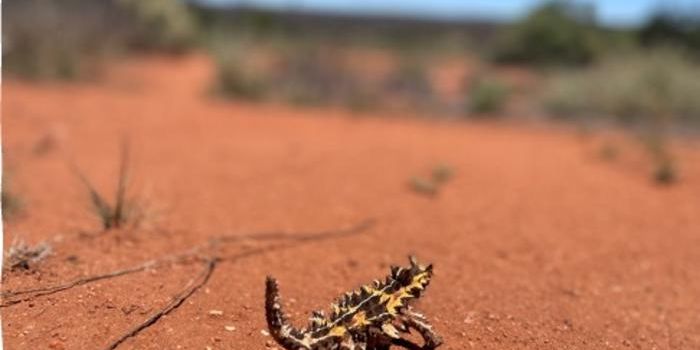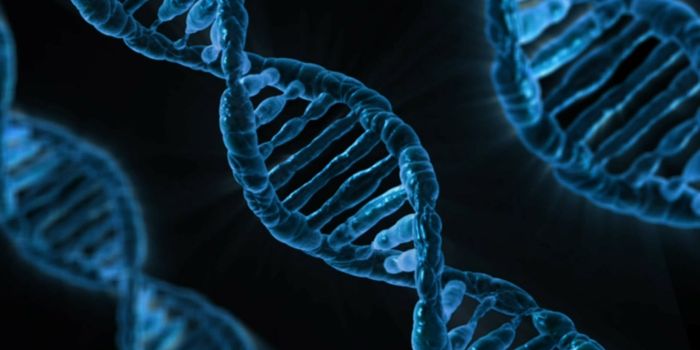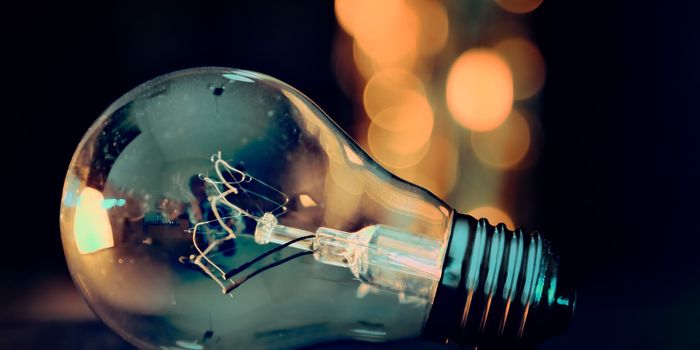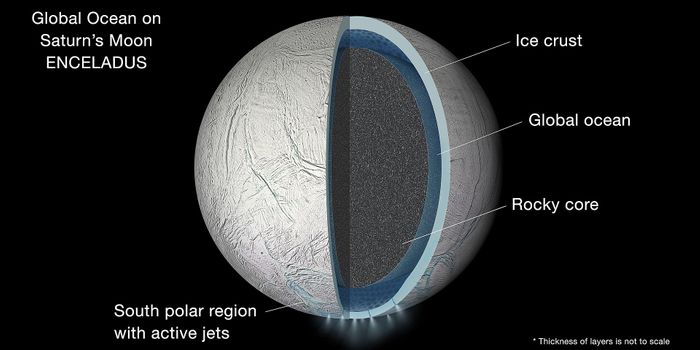Outlandish Ideas to Fight Climate Change: How Credible are They?
Boosting investment in renewable energy and reducing the use of fossil fuel are the two commonly acceptable measures to decrease greenhouse gas emissions and alleviate climate change. However, scientists in different fields have also proposed other less-known ideas to help cool down our planet directly or indirectly.
The space mirror program first emerged back in the early 2000s. As the name indicated, it involves sending mirror-like structures into Earth's orbit to deflect sunlight. In one of the proposals, scientists wanted to build a giant piece of wire meshes with aluminum, which supposed to be able to deflect 1% of the light we receive from the sun. However, making this space mirror would be a very challenging process since it is twice the size of France, not to mention the cost and efforts to propel it into space after it's complete.
Carbon sequestration is a strategy to mitigate greenhouse gas emissions by capturing atmospheric carbon dioxide (CO2) and storing them somewhere for the long term. Several studies suggested that fertilizing the sea surface with iron-rich minerals can accelerate the biological sequestration of CO2 because the photosynthesis-boosting nutrient can stimulate the growth of phytoplankton. But the downside of this idea is that we will face a much higher risk of harmful algal blooms, which could bring catastrophic consequences to the fishing industry and the global ocean ecosystem.
Last but not least, agriculture is an area we often overlook in combating climate change. Cow farming produces a lot of methane, which 34 times more potent than CO2 as a greenhouse gas. While it is impossible to stop cow farming and the consumption of beef and dairy products, agricultural scientists suggested that putting cows on a special diet can reduce methane emissions. More than a few studies confirmed that mixing a small percentage of a specific seaweed with the animal's chow can drastically decrease methane production by cattle.
It is evident that some of these ideas make less sense than the others, and a lot of research is needed to weigh the pros and cons of these "cool" ideas. But considering the small window that we have before our planet arrives at the point of no return, the more ideas the better.
Source: ACS Reactions via Youtube

